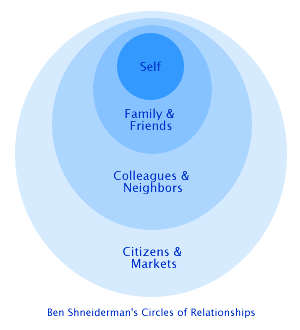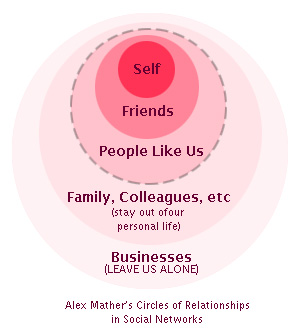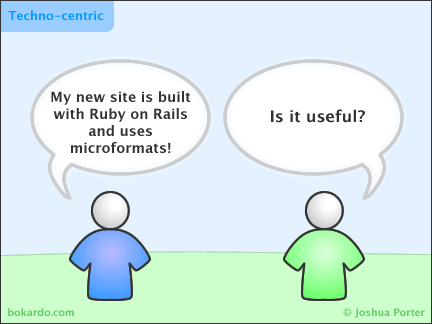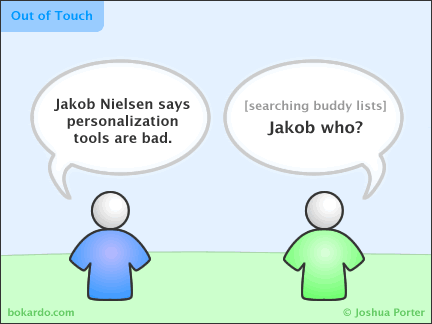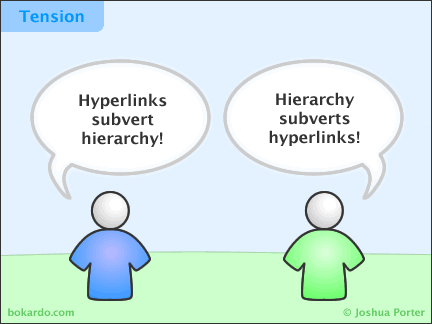On Wednesday, May 2, users of the site Digg.com, a social news site, did something remarkable in the history of the Social Web. What they did was seize editorial control of the site: what content appeared on the home page of Digg, for the first time, was truly decided by its users.
If you aren’t familiar with the details, here is a quick recap. ReadWriteWeb also had a nice timeline of events.
There are two ways you can look at this incident whereby Diggers overwhelmed the site by repeatedly (up to two per second) digging stories containing an HD-DVD crack code.
One is as described by Mike Arrington of Techcrunch: Digg Surrenders to Mob. Simply using the word “Mob” makes for great press. We gravitate to mobs because we know they’re messing with the Man. They’re anti-authority, they’re doing what they’re not supposed to, they’re pissed and fighting for their rights. We think of the French or Russian or American Revolution, and we like it.
But maybe, just maybe, mobs aren’t that bad. Terry Heaton had an insightful observation: “What I find most fascinating here is the automatic assumption that chaos is evil. This is a purely modernist perspective, but life itself proves it to be false.” He argues that the so-called Mob was more like the site at its finest…that a Mob is nothing more than democracy at high speed. I tend to agree with this.
The other way to look at the situation is as I described it: Digg Surrenders to Community. The difference is in those two words: Mob and Community. Now, I wasn’t being as calculated as Mike was being, I’m sure, but when realizing the stark contrast afterward it occurred to me that you either acknowledge the voice of the people on Digg as a group, or you do not. You either view them as a passionate Community, or you view them as a anarchic Mob.
Continue Reading: Live by the Digg, Die by the Digg
